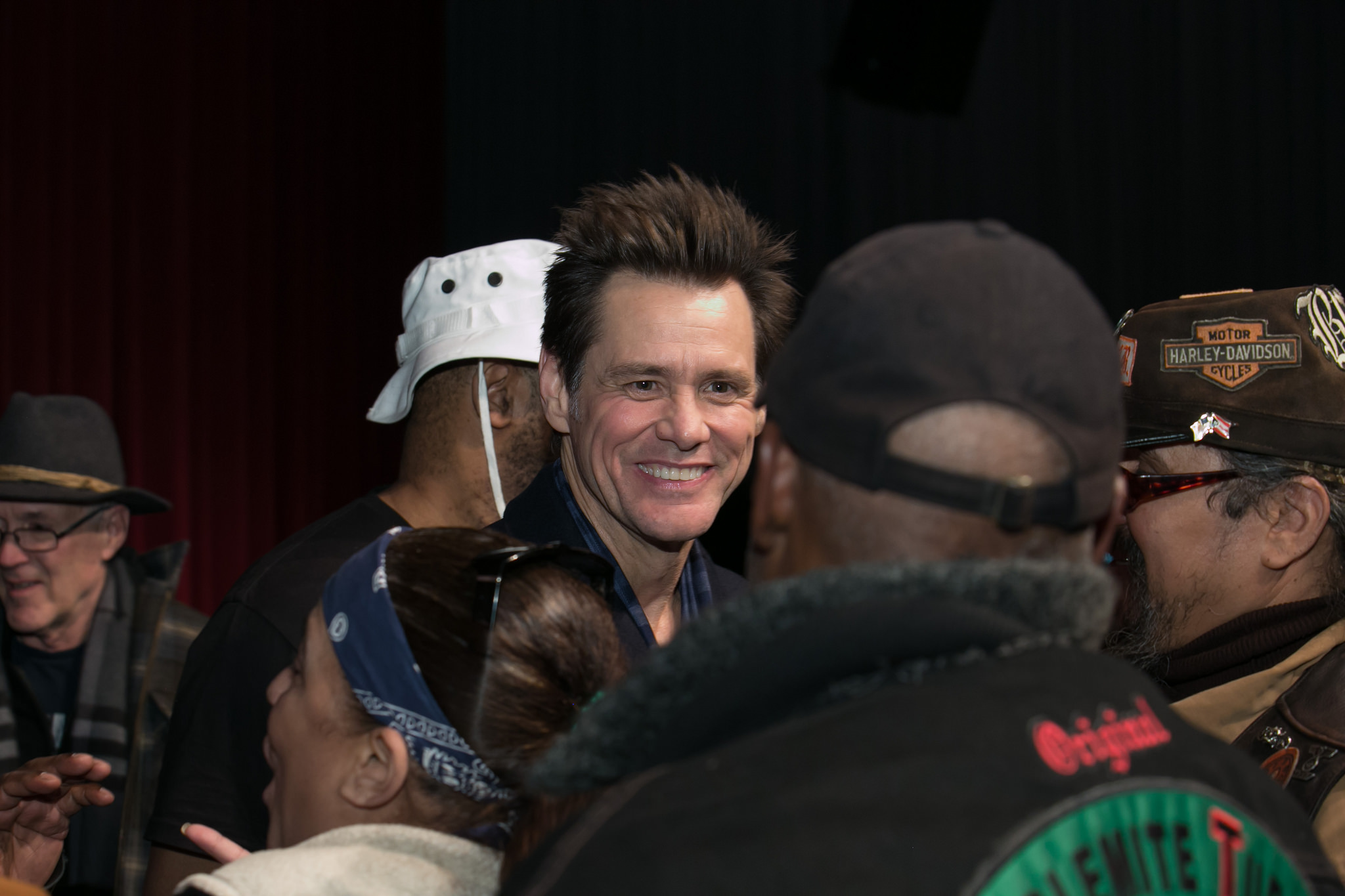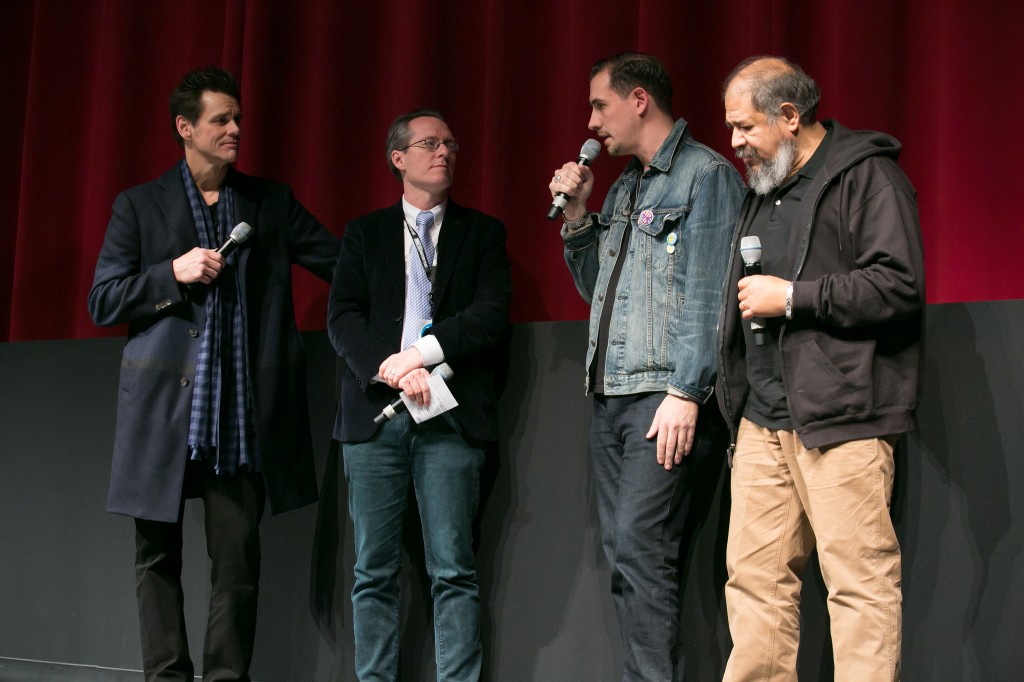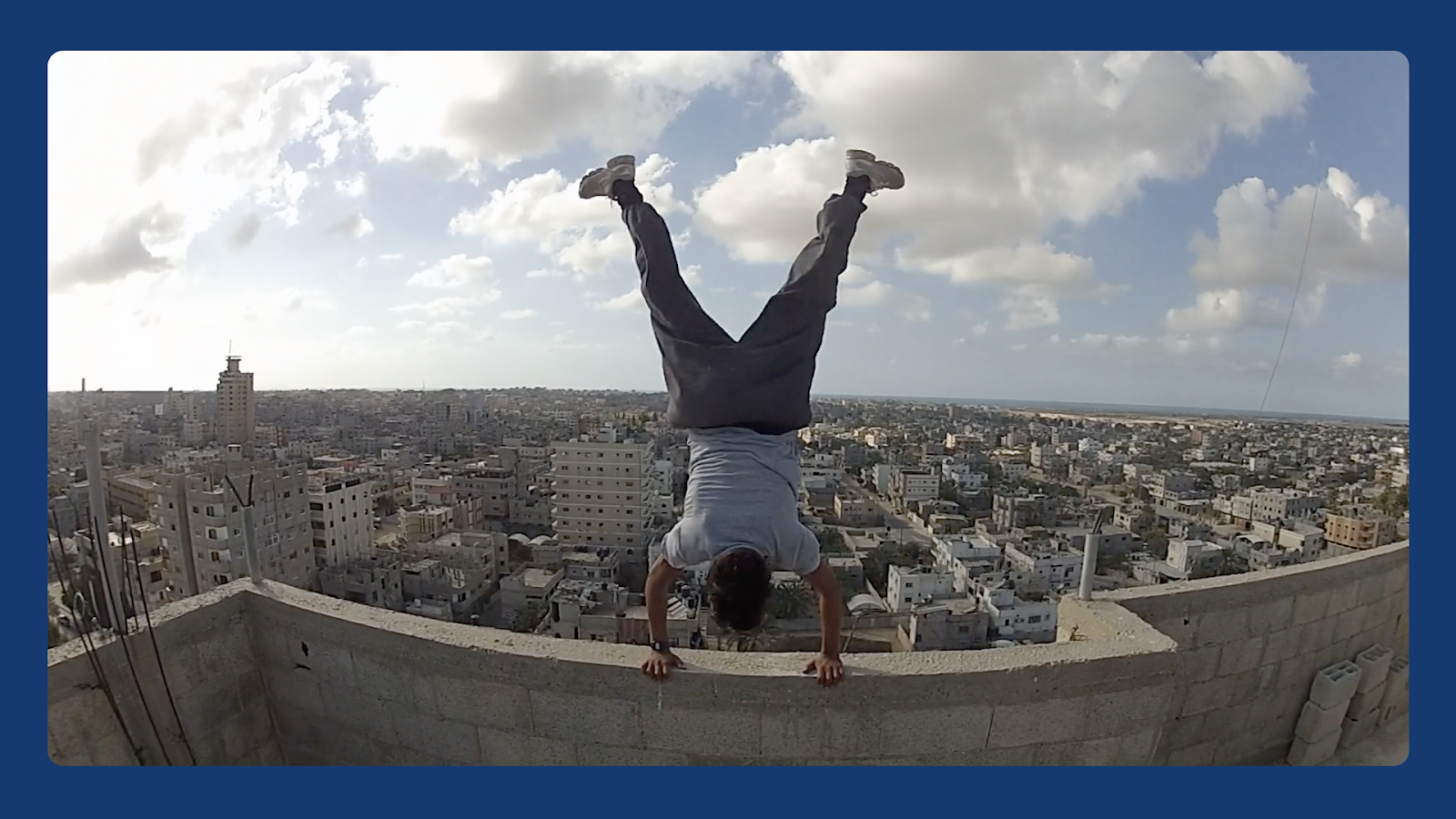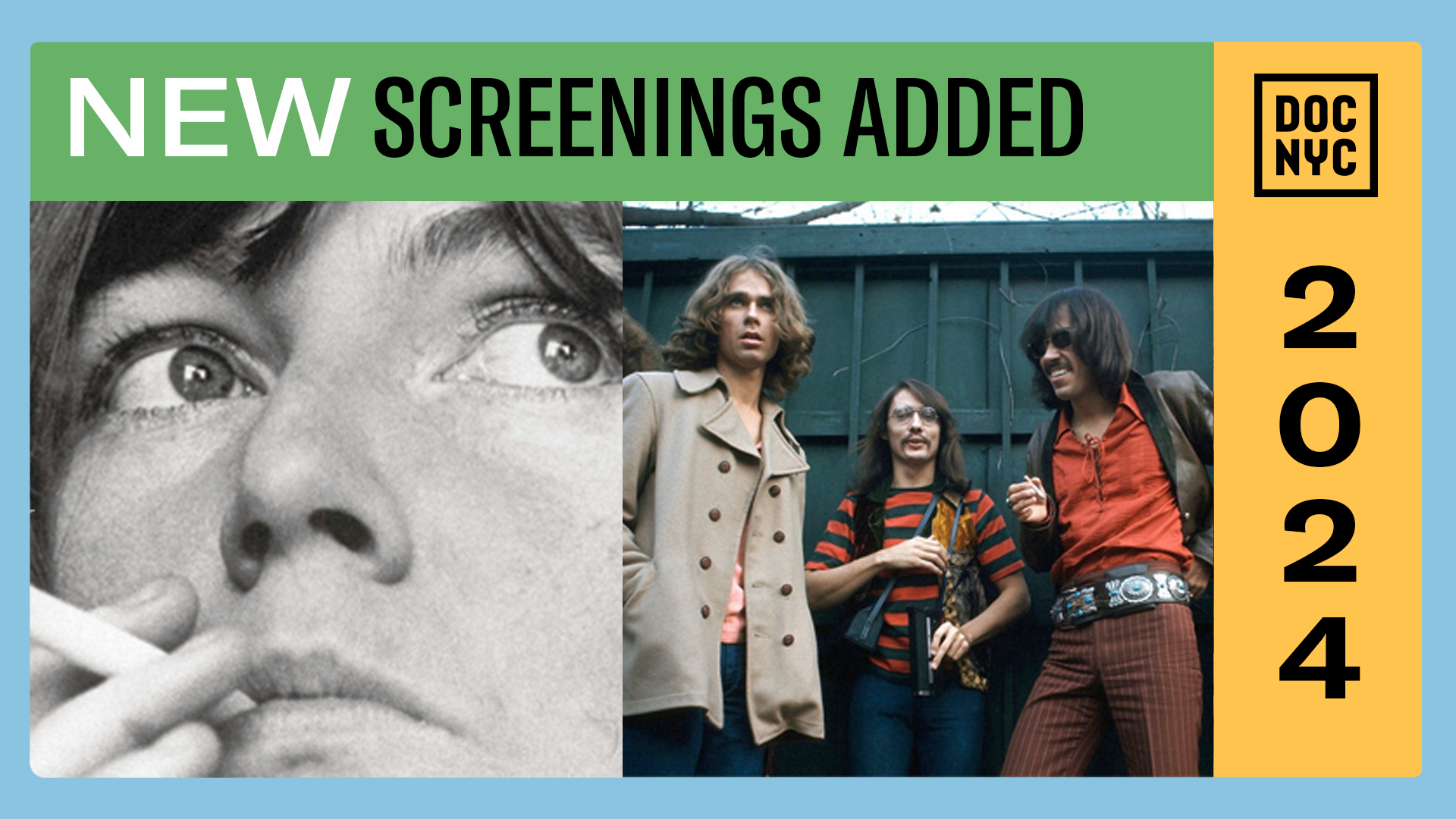Rubble Kings and the Untold Story of South Bronx Street Gangs


Written by Maggie Glass
The War Pigs. The Jolly Stompers. The Savage Nomads. The Aliens. The Renagade Turks. In the 1970s, New York City was ruled by gangs, each with its own identity, fashion sense, and style of violence. With the idealism of the 60s fading, the city was experiencing swift urban decay and the residents of the South Bronx felt this shift more than most. In Shan Nicholson’s new documentary Rubble Kings, former South Bronx gang members remember the state of their neighborhood at that time: “Rats. No heat. No water. It was terrible,” they all recalled. “You could feel the tension in the air.” “There was nothing to look forward to.” Between 1960 and 1971, the murder rate quadrupled. It was in this context that a gang called The Ghetto Brothers rose in prominence – not for the violence they inflicted but for the peace they helped broker.
With the guidance of a few leaders in the gang, the members decided to use their energy to better their community, ease tension between gangs, and create music that reflected their culture. Nicholson first learned about the group after discovering an old Ghetto Brothers record. “I thought, ‘there has to be a story behind that record,’” Nicholson said during the post-screening discussion. “Through research, I found out about the story and I fell in love….and it all kind of clicked together.”
The film revolves around the tragic killing of one of the Ghetto Brothers, Cornell Benjamin, who had been attempting to prevent violence between local gangs. While normally such a killing would incite an all-out street war, the Ghetto Brothers chose this opportunity to bring together the heads of all the major gangs for a peace treaty. The meeting went down in history as one of the first of its kind and had a colossal impact on the community.
One of the main leaders of the Ghetto Brothers, Benji Melendenz, attended the screening and talked about the process of creating the truce. “It’s not easy to bring peace together,” he said. “I took a big chance to talk to guys that, if you said the wrong thing, they’d take your neck.” When discussing the wide variety of gang members, hip-hop artists, and community activists interviewed in the film, Nicholson said, “Everyone was very warm and open to tell their story. The one thing that they all wanted to say is that ‘We all survived. We all made it past the violence.’”
Producer Jim Carrey was also in attendance and discussed his interest in the The Ghetto Brothers and their impact on the people of the South Bronx. “An incredible thing happened that nobody knows about,” he said. “A great movement towards peace – about really courageous people overcoming seemingly impossible odds and rising to love. And although I didn’t grow up in that situation, I can understand that idea and I think it’s important that we all reach outside our own realms of experience and try to understand what people are going through and the things they have to overcome.”
For more about Rubble Kings, visit the film page on the DOC NYC website
Maggie Glass is a New York based writer and film editor.


